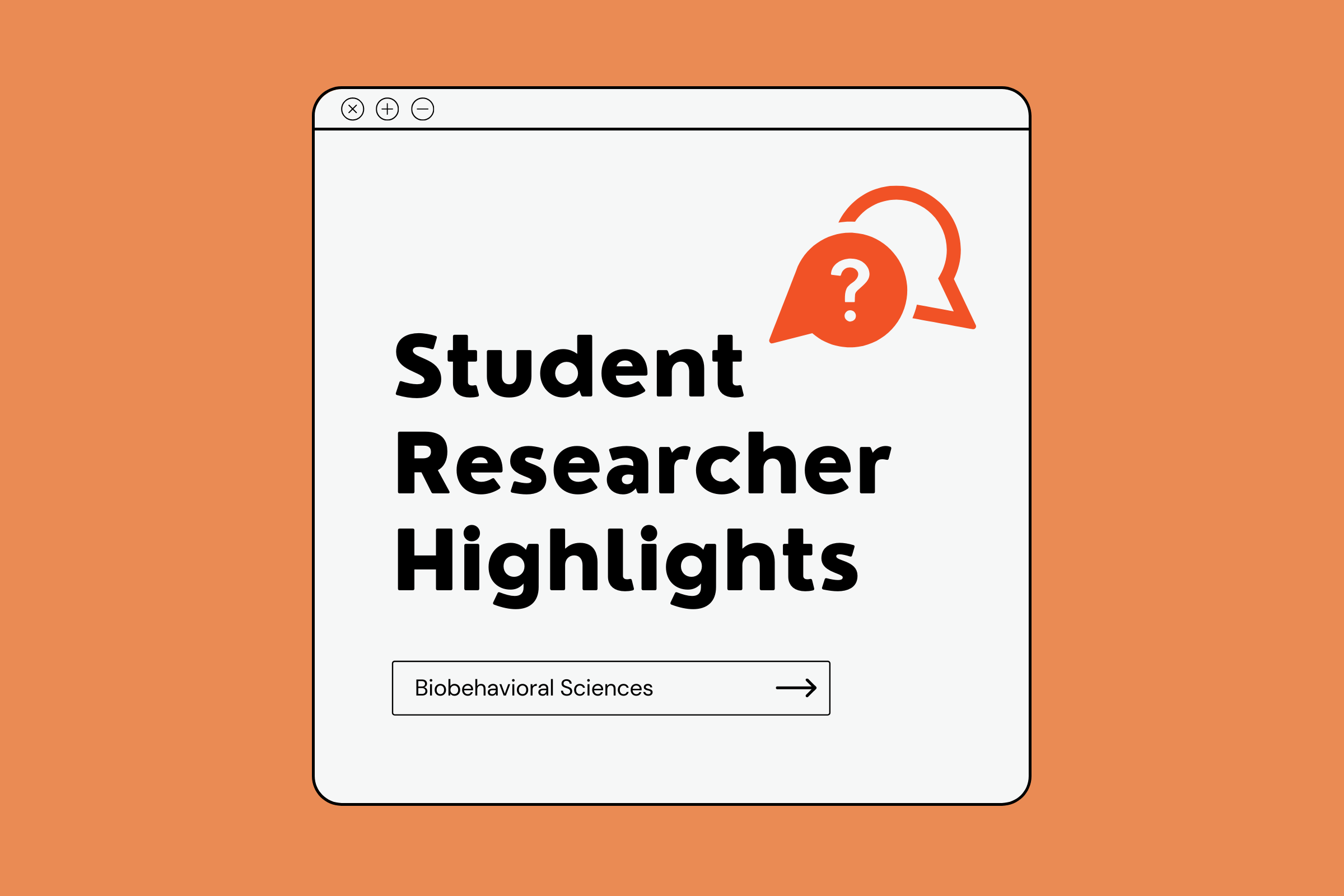This TC IRB blog series, Student Researcher Highlights, includes a sequence of recorded presentations hosted by Zahra Ladhani, Research Writing & Ethics Intern, in collaboration with TC NEXT. Her presentations offered insights into students' research background, their research goals, their future career paths, and how they navigated the IRB protocol submission process.
Each blog post in the series highlights a student researcher using excerpts from recorded presentations conducted during the Fall 2021 presentation series. Each student presenter engaged in an approximately 45-minute conversation with student attendees. This series offers themes, suggestions, and pathways as presented by students during the presentations. It is intended to provide inspiration and insight into how an individual student's experience with research and the IRB unfolded at TC.
The Effects of Attentional Focus on Novice and Expert Dynamic Indoor Rowing Performance
Nich Lee Parker, Alum (TC ‘20) from the Biobehavioral Sciences Department

Nich Lee Parker
Previous studies indicate that novice and elite rowers can be distinguished by analyzing force profile variability. Den Hartigh et al. (2015) showed that time-based variability measures distinguished elite and world championship level rowers, even when standard outcome metrics showed similar results. Nich’s dissertation study aimed to create a model for analyzing rowing expertise by concurrently evaluating both aspects of variability within the same participant. Data were collected from male collegiate lightweight rowers during regularly scheduled and recorded training sessions. There were no interventions. The analysis system improved knowledge of movement variability and its relationship to motor performance and rowing expertise.
Like many people, Nich’s background did not start from a researcher role. As a bassoonist, Nich’s interest in teaching led him to think about the music field and how musicians apply precision in their practice and performance. He wondered how musicians take what they learn and apply those skills to other content areas. Nich was interested in holistic teaching and weaving his experiences in music and coaching together. Balancing a full-time career in coaching and full-time student work posed a challenge, but with diligence, he developed strategies to overcome it.
Nich’s research focuses on time-based variability as a means to measure how rowers perform and practice. He aimed to, “...create a model for analyzing [male collegiate lightweight rowers’] expertise by concurrently evaluating both aspects of variability within the same participant...during regularly scheduled and recorded training sessions.” He sought to “improve knowledge of movement variability and its relationship to motor performance and rowing expertise.”
Nich explained that his research goal proved exciting and was the reason why he chose to pursue graduate school. Through his dissertation, he reminded himself that his research goal was to “…make rowers go faster.” He realized that goal resulted in good answers but more questions. He recommended students simplify their goals but recognized that the process of meeting goals is not simple. In all, he said dissertation writing is best symbolized by the head-exploding emoji, especially as he grappled with a lot of information. He aimed to ask for feedback from multiple people and diverse resources. His preferred questions such as, “what do you think of this?” and “how does this work?” He said the literature is only one part of the process and having conversations with others improved his research focus. Nich concluded that he consistently applies several skills he learned in graduate school to his full-time career.
The Institutional Review Board (IRB) Process
Nich admitted he prepared for the IRB process too late and he recommended other students start earlier. He recommended students complete the Collaborative Institutional Training Initiative (CITI) courses early, as the modules take time to complete.
Students can seek support from sample IRB protocols from past students. Using past student IRB protocols and comparing them to your own helps set clear IRB expectations. While each IRB application is reviewed on a case-by-case basis, it is helpful to look at resources to identify how to frame your content, write for the IRB, and prepare for potential obstacles.
Nich acknowledged the IRB process can be frustrating at times, but sometimes understanding the process as a whole helps you get through those hurdles. Nich used a bowling analogy to describe the IRB process: like the bumpers down a bowling lane, the IRB helps keep researchers within clear parameters to protect human subjects. IRB administrators will not approve a protocol if they do not understand the study activity or if it is not clear how the researcher aims to protect participants, which is in everyone’s best interest.
Nich recommends courses in statistics (and statistical modeling) as they can help inform a student's research design process. He also recommended that for each research method course, students should ask themselves, “how might this method apply in my specific area?" Students should also learn how to code and analyze their own data.
Reflections and Resources
Peer-to-peer support builds investment in research projects and overall graduate student life. Learning from the peers around you can help you refine your academic goals and projects. For more information about the IRB process, visit these links: Institutional Review Board, Training & Certification, and Meetings & Deadlines.
